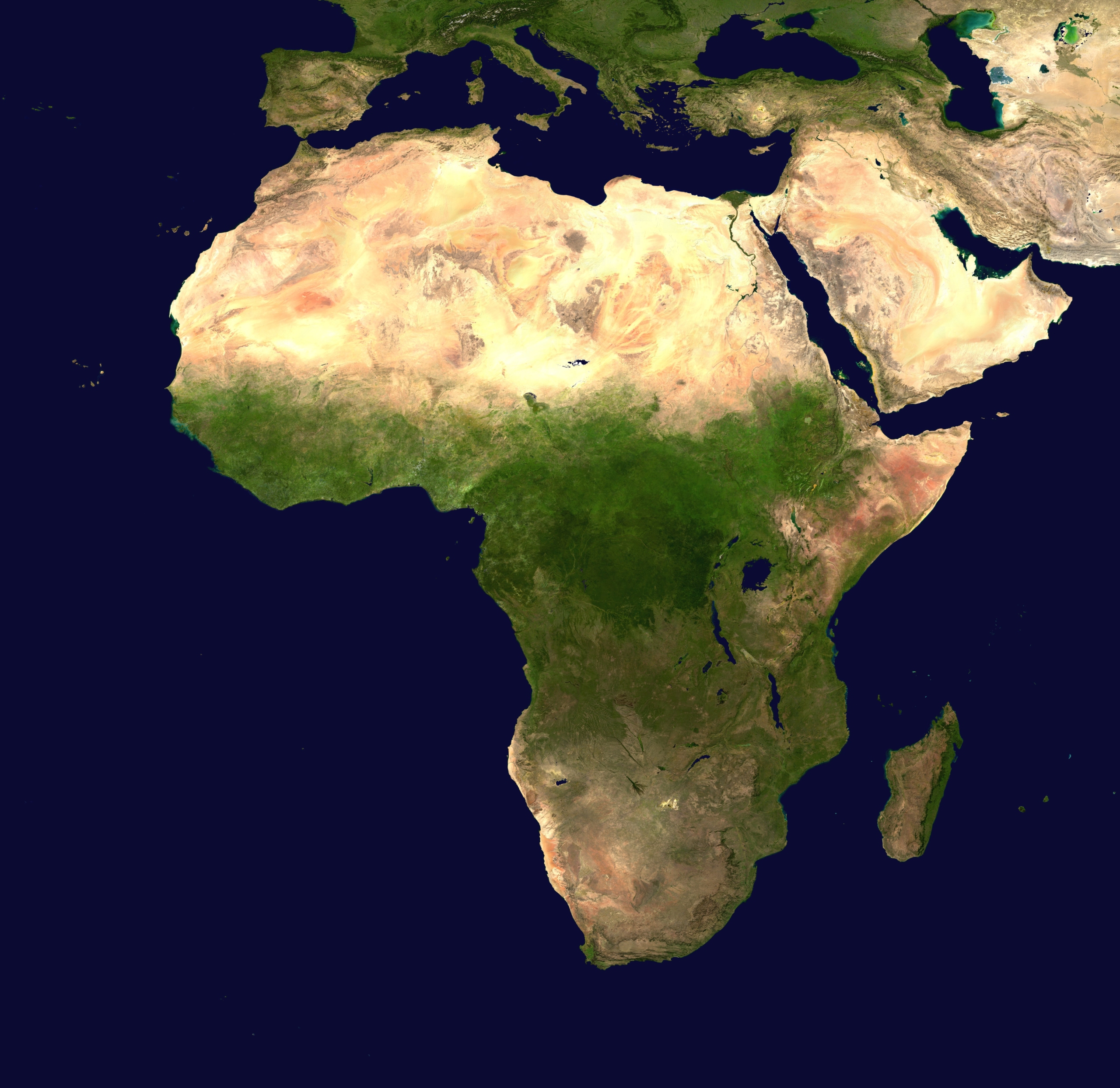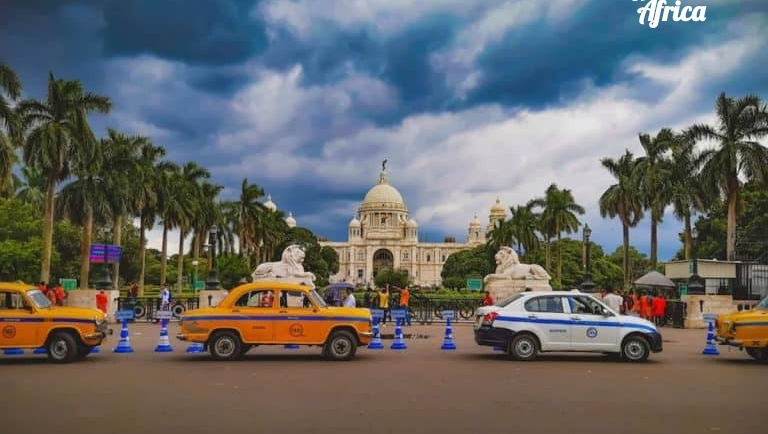
Examining Africa’s Vastness: Population, Possibilities, and Economic Indicators.
The world’s second-largest and second-most populous continent, Africa, is a place of astounding diversity and unrealized potential.
Africa is a fabric of colorful cultures, spectacular natural beauties, and a complex history that spans millennia, spanning across huge geographies.
We set out on an exploration of Africa’s important features in this piece, looking at its population dynamics, the continent’s most populous regions, internet penetration rates, financial literacy levels, inflation rates, GDP, and new employment opportunities.
Join us as we unearth interesting data that highlights Africa’s influence and limitless potential.
POPULATION
Africa is the second most populous continent on the earth, with an astonishing population of over 1.3 billion. Africa’s population, which is primarily young, presents opportunities and difficulties for sustainable development and economic progress. The continent’s vibrancy and potential are influenced by its rich human capital and diversified cultural heritage.
THE MOST POPULOUS REGION/NATION
Numerous nations and regions in Africa stand out for having sizable populations that influence the social structure and economic environment of the continent.
Nigeria is the most populous nation in Africa, with a population of over 200 million. Large populations are also present in Ethiopia, Egypt, the Democratic Republic of the Congo, and South Africa, which considerably adds to the diversity and dynamics of the continent.
INTERNET PENETRATION
Africa has made great progress in its internet adoption, which has sparked digital transformation and promoted connection. Internet use and smartphone adoption have increased significantly in nations like Kenya, South Africa, Nigeria, Morocco, and Egypt.
On the continent, there were over 570 million internet users in 2022, more than twice as many as there were in 2015.
The biggest percentage of users is in Nigeria, the most populous nation in Africa, where there will be more than 100 million users by 2022.
South Africa has 41 million subscribers, while Egypt has 76 million.
As a result, this improved accessibility has sparked a variety of digital endeavors and services, such as social networking, online business, online retail, online learning, and mobile payments. The promise of Africa’s digital economy has not yet been fully exploited. Despite an increase in consumers, the internet penetration rate in 2021 was only about 43%, which is lower than the average of 66% for the world.
FINANCIAL LITERACY LEVELS
Although there are differences in the level of economic and social development among African nations, the bulk of the people there have poor levels of financial literacy. African nations have the lowest levels of financial literacy worldwide, according to S&P’s Global Financial Literacy Survey.
The survey results show that:
With a score of 51%, Botswana is the nation with the highest level of financial literacy, while Somalia has the lowest score at 15%.
On the continent, initiatives are being made to raise financial literacy levels and give people the skills and knowledge they need to make wise financial decisions. Governments, non-profits, and financial institutions work together to promote financial education initiatives that enable people to confidently manage their finances and engage in economic activity.
INFLATION LEVELS
African nations’ varying inflation rates have an effect on the cost of living and economic stability. Through effective monetary policies, governments and central banks play a critical role in managing inflation.
While some nations struggle with inflation, others have managed to keep their inflation rates constant, promoting good economic circumstances and investment opportunities.
Inflation in Africa can be particularly harmful to economies that rely significantly on exports since it can raise the cost of their goods and reduce their competitiveness on the international market. The devaluation of African currencies due to inflation is another factor in the appeal of cryptocurrencies throughout the continent.
Cryptocurrencies offer both a trading platform and a way to hold wealth. Stablecoins and other alternatives are enabling Africans to send money abroad without using the expensive banking system.
GDP { GROSS DOMESTIC PRODUCTS }
Africa’s economy has grown significantly in recent years because to a variety of industries, including agriculture, industry, services, and natural resources. Among the nations making a sizable contribution to the GDP of the continent are Nigeria, South Africa, Egypt, Algeria, and Morocco. Utilizing Africa’s economic potential and promoting inclusive growth still rely heavily on the pursuit of economic diversification, sustainable development, and good governance.
JOB OPPORTUNITIES
Africa has a wide range of career opportunities in both established and developing industries. Jobs are being created for the continent’s expanding workforce in industries like healthcare, renewable energy, technology, agriculture, financial services, and infrastructure development, all of which are seeing considerable expansion.
A culture of self-employment and entrepreneurship has also been fostered in Africa by the continent’s dynamic entrepreneurial ecosystem and emphasis on innovation, which has promoted economic empowerment and the creation of jobs.
Fintech, cleantech, e-commerce, logistics, and mobility are some of the most intriguing industries to see entrepreneurial development.
75% of the investment for companies in 2022 came from four nations: Nigeria, Kenya, South Africa, and Egypt. 34,201 individuals were employed by these startups across the continent in 2022, up from 17,915 in 2021.
Africa’s size is much greater than just its surface area. The continent offers a dynamic and attractive environment with a sizable population, regions with sizable populations, expanding internet penetration, rising financial literacy levels, varied inflation rates, a sizable GDP, and a variety of job prospects. Africa presents an intriguing terrain for growth, development, and advancement as it continues to change, utilizing its potential and tackling its issues.


